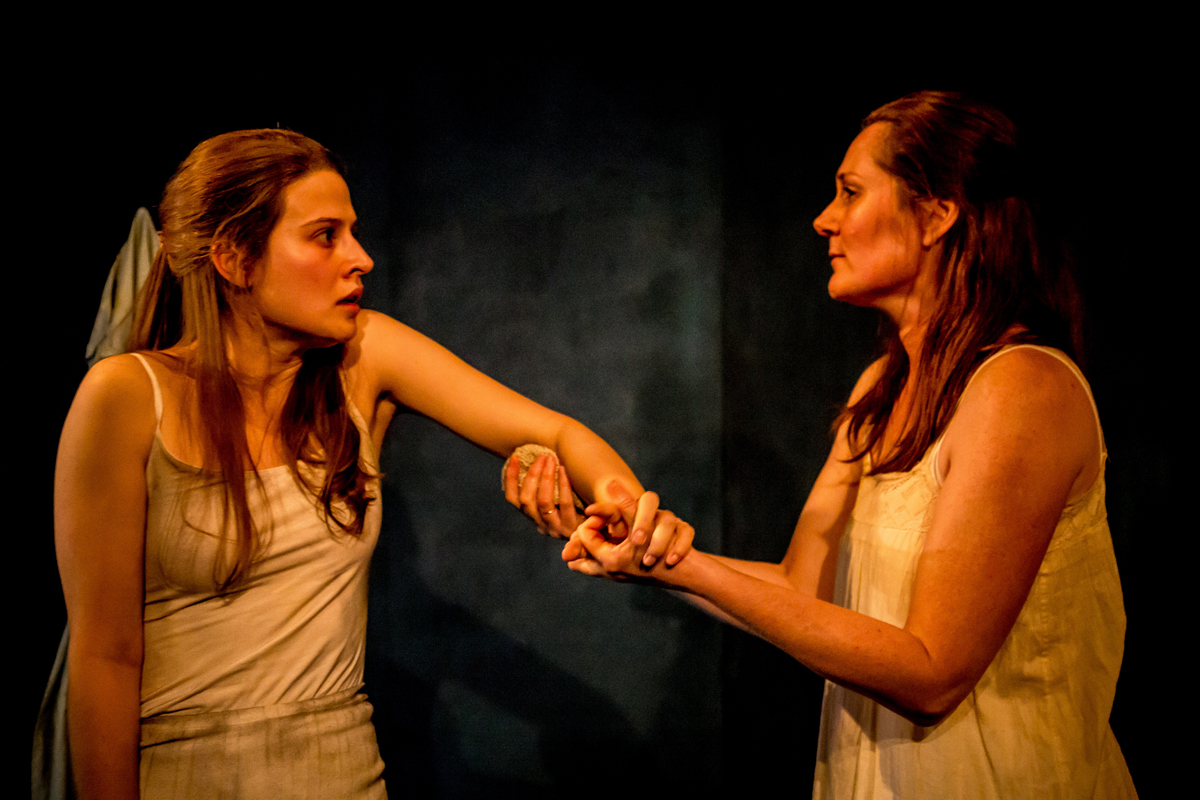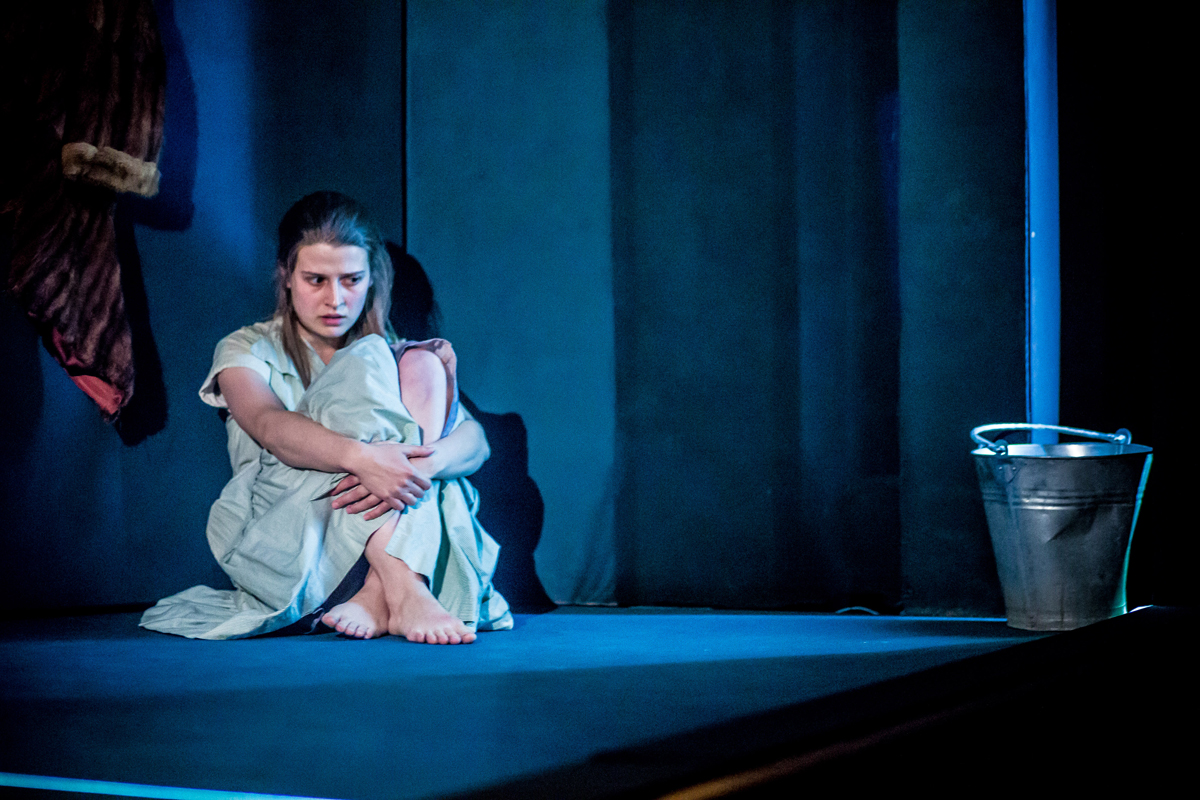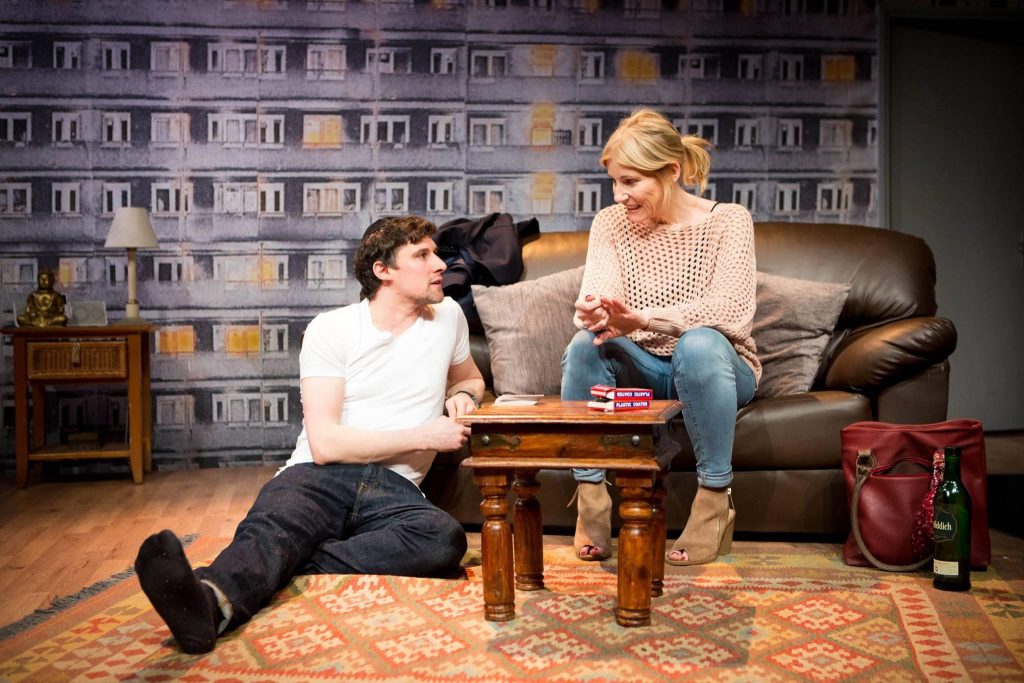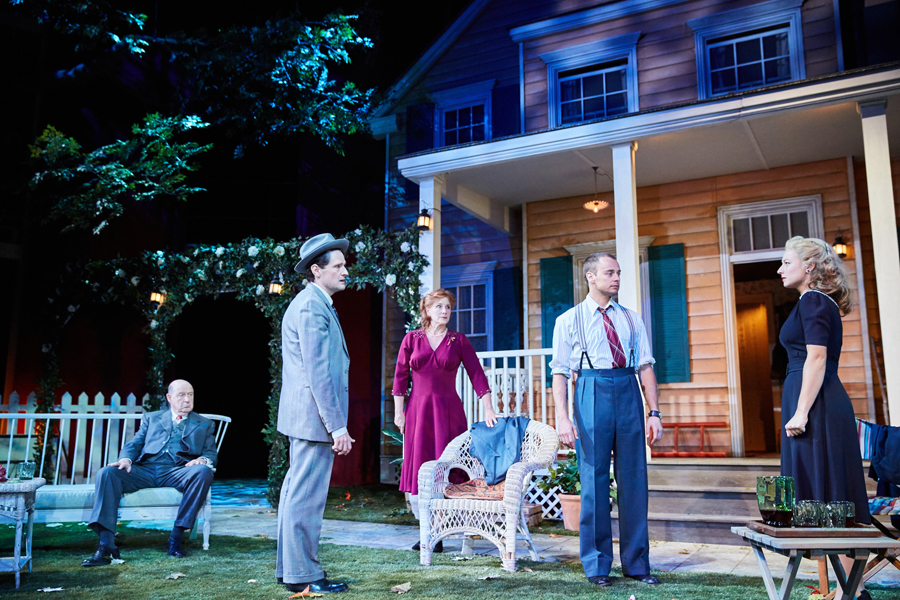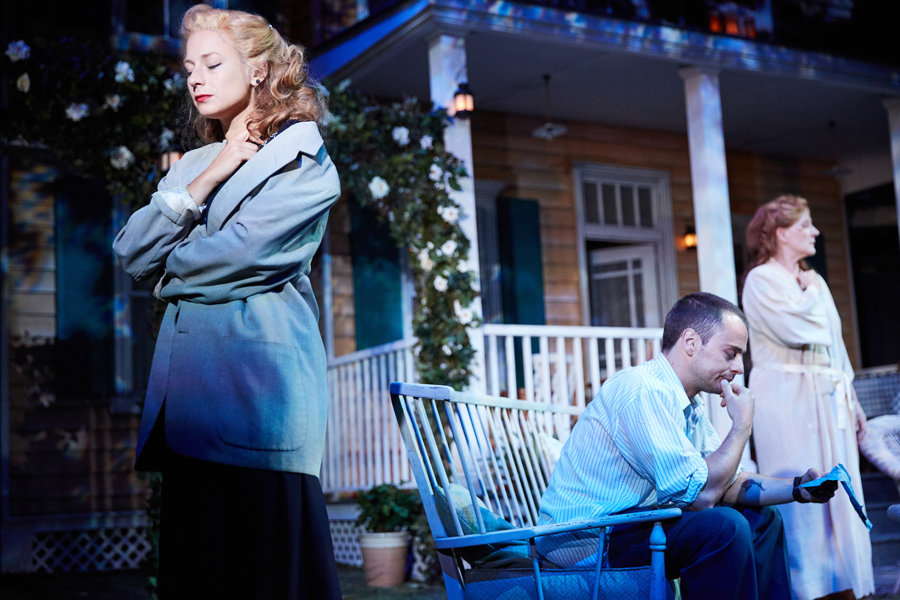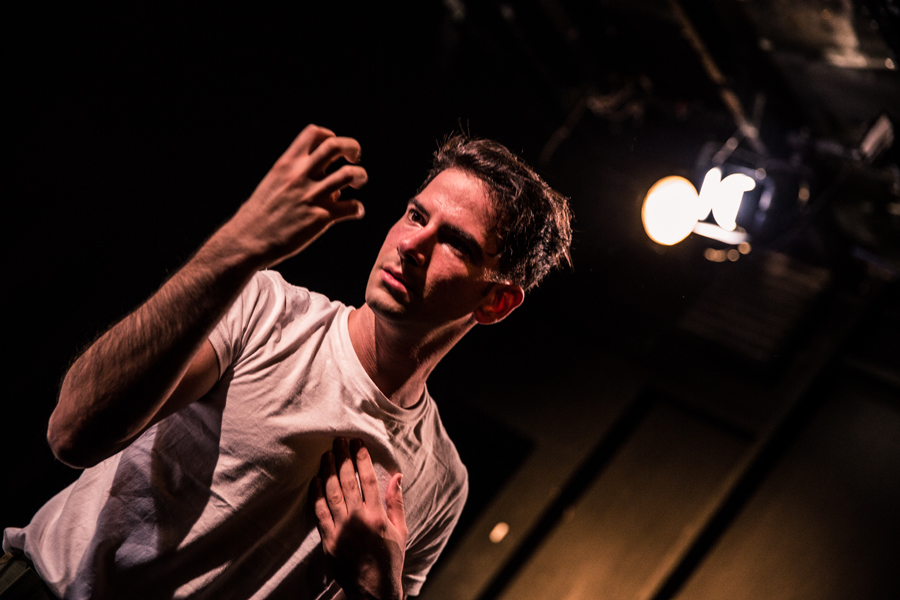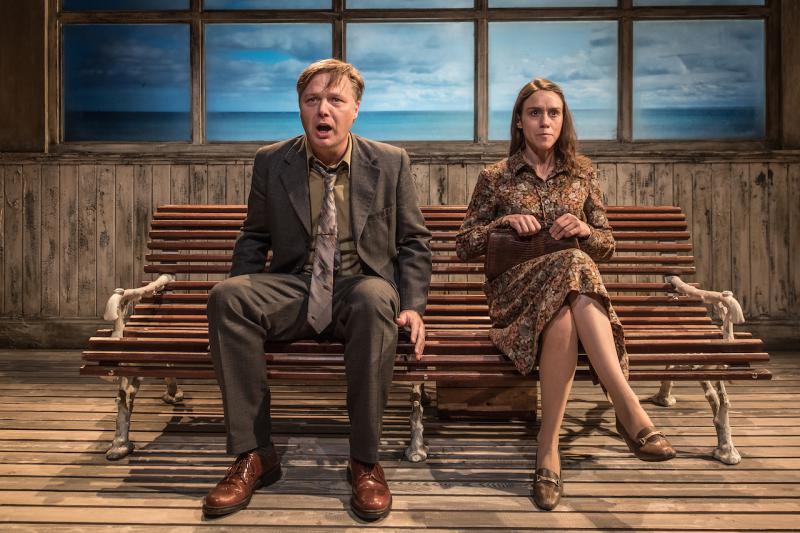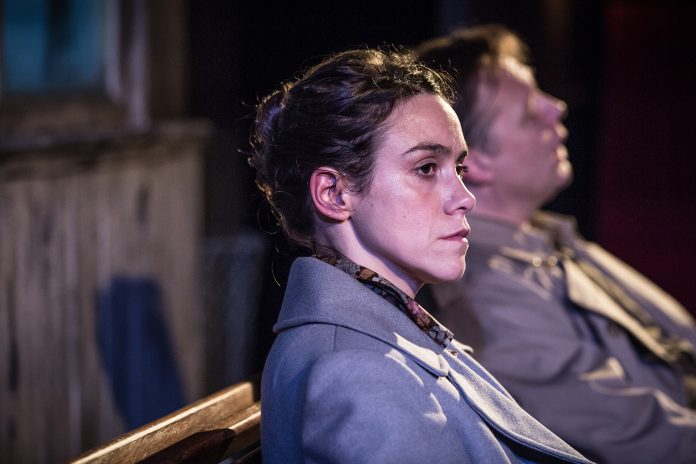 Welcome to 1850 – a genuine welcome to political refugees from Europe, including 32-year-old Karl Marx. But is he in danger of outstaying his welcome as he goes on the razzle through Soho, funding his pub crawls by trying to pawn the family silver? His wife’s family that is, for Jenny von Westphalen is of aristocratic German stock, her relatives scandalised by her marriage to the penniless Jewish revolutionary. As young Marx himself puts it “at our wedding I was only invited to the reception”.
Welcome to 1850 – a genuine welcome to political refugees from Europe, including 32-year-old Karl Marx. But is he in danger of outstaying his welcome as he goes on the razzle through Soho, funding his pub crawls by trying to pawn the family silver? His wife’s family that is, for Jenny von Westphalen is of aristocratic German stock, her relatives scandalised by her marriage to the penniless Jewish revolutionary. As young Marx himself puts it “at our wedding I was only invited to the reception”.
This is one of many knowing one liners from the collaboration of Richard Bean (of One Man, Two Guv’nors fame) with witty barrister/radio writer Clive Coleman. Their young Marx is a full-blooded “solipsistic, self-regarding prick”, in the words of his often exasperated, though always devoted sidekick Engels. They write Marx and Engels as a sort of early music-hall double act and Rory Kinnear and Oliver Chris are perfectly cast.
Kinnear’s Marx, hair and beard wild and out of control as his behaviour, is in the throes of writer’s – and thinker’s – block. He achieves the vital balance between infuriating as the reprobate hiding in cupboards when creditors come calling, and earning sympathy as the adoring father, anxiously tending his sickly son and listening proudly to his daughter’s prowess at the piano (before the broker’s men take it, along with the rest of the family’s furniture and clothes).
Chris’s Engels, equal parts admiration and frustration, convinces as the man whose unwavering self-sacrifice will lead to years of financing Marx’s project (and keeping his family going) by slipping him cash from the till of his father’s Manchester textile factory. In Chris’s performance, he is the vital moral heart of the play too; you can believe that he wrote passionately about the plight of workers observed first hand in those factories.
For all this is fact, Bean and Coleman have mined a rich seam of eyebrow-raising biographical detail and transmuted it into precious theatrical mettle (pun intended!).
They create a vibrant messy Victorian London, peopled by rival factions of émigré activists, German spies – and ‘peelers’. Our odd couple’s run in with one of Sir Robert Peel’s prototype policemen is an ‘arresting’ example of the writers’ anachronistic, self-referential wit. The drunken pair, caught in possession of a wrought-iron church gate, are surprised and grateful to avoid a beating. “I’ve been on a course” explains the officer.
Big set-pieces – a political meeting, a dawn duel on Hampstead Heath and best of all a deliciously transgressive brawl in the British Museum reading room – contrast nicely with these cameos and with the intimate family scenes cramped into the two tiny rooms where Marx lives with wife, children, and housekeeper Nym. Nancy Carroll is magnificent as passionate, put-upon Jenny and Laura Elphinstone’s quiet hard-working Nym, whose devotion to Marx ultimately gets physical, matches Carroll as Chris matches Kinnear.
Nick Hytner directs a uniformly superlative cast with wit, sensitivity and pace on Mark Thompson’s fold-out set in London greys and browns, lit by Mark Henderson’s atmospheric lighting and topped by Soho rooftops and chimneys, among which Marx climbs to evade the law, which still look much the same today.
It’s a terrific demonstration of the versatility of Hytner and project partner Nick Starr’s brand new Bridge Theatre and augurs well for future productions. Julius Caesar, complete with audience promenaders as the Roman mob, is up next in January. As befits this democratic vibe, seat prices start at £15 and the horse-shoe shaped, spacious auditorium is inclusive, with sightlines looking uniformly good and seats are especially comfortable. The whole is completed in golden leather and wood, and if there is currently a bit of a flow problem because the single doors to the auditorium are too narrow, this could be corrected. The public spaces are spacious, well-lit and welcoming – and ladies, you will be, er, relieved to find so many toilet cubicles with your name on them.
By Judi Herman
Photos by Manuel Harlan
Young Marx runs until Sunday 31 December. 7.45pm (Tue-Sat), 2.30pm (Wed & Sat), 3pm (Sun only). £15-£65. Bridge Theatre, SE1 2SG. https://bridgetheatre.co.uk
Also broadcast live to 700 UK cinemas and many more worldwide on Thursday 7 December. Visit www.ntlive.com for further details.



